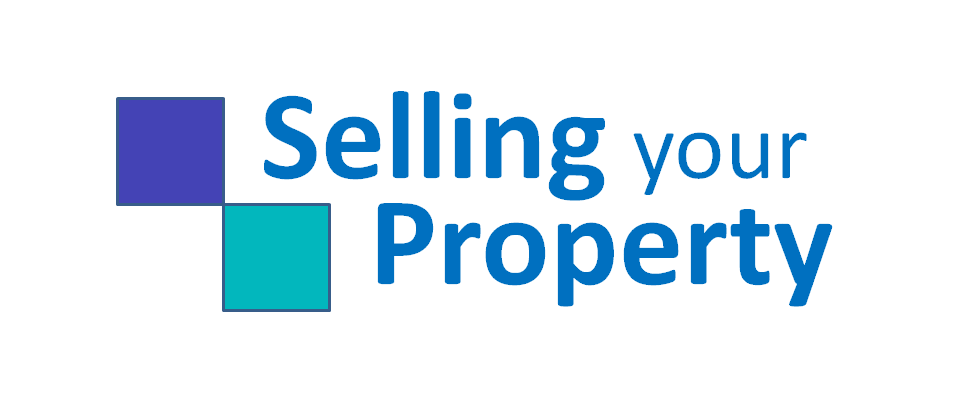Is there much cost difference in transferring your loan versus taking out a new one?
Selling your home and moving house can be an expensive exercise. Indeed, most stages throughout the sales process will incur some kind of an expense, whether it’s preparing your home for sale, hiring a real estate agent, marketing and advertising your home, or hiring a conveyancer. There’s also the cost of stamp duty on your new home, too, or, if you’re downsizing, the potential ongoing costs of strata fees, among other things. Taken altogether, it makes sense, then, to try and mitigate some of those costs, and one of the ways you may be able to do that is by moving your home loan with you.
If your home is loan is fixed at a competitive rate, then it makes a lot of sense to move it with you, not just to avoid paying loan discharge fees, but to also ensure you keep your low interest rate. The cost of moving your home loan to another property (known as the security) will still incur some bank fees, just not as many and not ones as costly as if you were to establish a new loan altogether, where you’ll be charged at both ends.
If you were to take on a new loan, you would have to pay:
Loan discharge fees: We checked around the Big Four banks, and, depending on the product and the bank, you’re looking at discharge fees on your existing loan of as little as $150 or as much as $350. Until July 2016, if you live in NSW, you’ll also have to pay a State Government mortgage duty, both to set up and discharge a mortgage, but that has now been abolished, effective July 2016, so we’re not including that here.
Total minimum cost: $150
Establishment and settlement fees: Once your old loan is discharged, you’ll have to establish a new one, which costs around $600-700, depending on your bank. There’s also, usually, a settlement fee, charged by your bank to attended the settlement meeting, which costs around $100-200.
Total minimum cost: $700
Government fees and charges: Now come the government fees and charges. Stamp duty is calculated ad valorem – that is, proportional to the value of the property you’re buying – and differs state-to-state. However, if you were buying a $500,000 home in NSW, stamp duty would cost around $17,990. There’s also a $219 fee, in NSW, to register the title in your name.
Total minimum cost: $18,209
Total minimum cost to establish a new loan: $19,059
Avoid unnecessary fees by transferring your loan
If your loan is portable, however, and, as we mentioned previously, most loans are, you could avoid most of those fees and charges by transferring your loan to your new property. To use our previous example again, if you were buying a $500,000 home in NSW, you’d be looking at the following costs to move your existing loan with you:
Loan transfer fees: We checked around the Big Four banks again and, depending on the product and the bank, your loan transfer fees could be as little as $150 or as much as $500, although, on average, they’re around $300.
Total minimum cost: $150
Bank appraisal fees: Your bank may require a valuation of the property you intend to buy, although this is usually not necessary; again, it depends on the institution. Nevertheless, the cost of a bank appraisal usually costs about $150-250.
Total minimum cost: $150
Government fees and charges: Unfortunately, there’s no getting away from stamp duty, which remains the same, regardless of whether you transfer your existing loan or not. You’ll also have to pay the $219 fee to register the property title in NSW.
Total minimum cost: $18,209
Total minimum cost to transfer your loan: $18,509
At the very bare minimum, that’s a saving of $550, but depending on the bank and the loan product, you could potentially save twice that in bank fees and charges. Of course, to get a better, more complete, picture of your financial situation, you should always speak to your finance broker or lender first.
Speak to your financial adviser to discuss ALL of your options
In fact, if interest rates have been dropped since you first established your existing loan – which, chances are, if you bought any time in the last three years, they have – then you may wish to discuss with your finance broker or lender, the possibility of establishing a new loan at a lower rate, which could potentially save you many thousands of dollars in interest over the life of the loan.
Again, our number one piece of advice, here, is to speak to your finance broker or lender, and do your research. Speaking which, if you’d like to continue researching the process of selling property in Australia, subscribe to receive access to our free, educational guide to selling property. Alternatively, for more property news, analysis and insights, continue reading our blog.
As seen in..
Our educational blogs are designed to help you understand each of the steps involved in selling your property so whether you choose to work with a real estate agent or do it yourself you'll understand the work involved and be more efficient and aware of what you need to do. Our articles have been seen in these major online news and information portals..

Get genuine and objective information about what's important when selling your property - whether through an agent or by yourself.
Built by 123ezy


